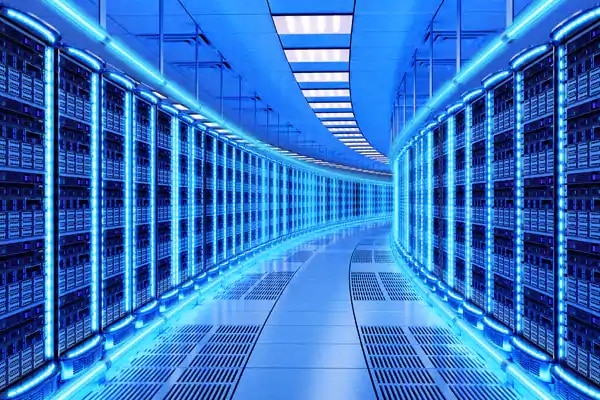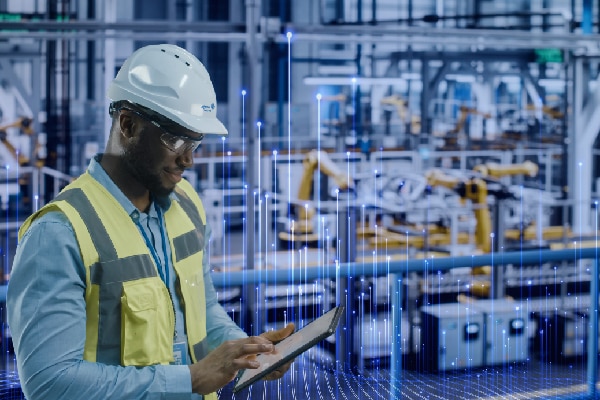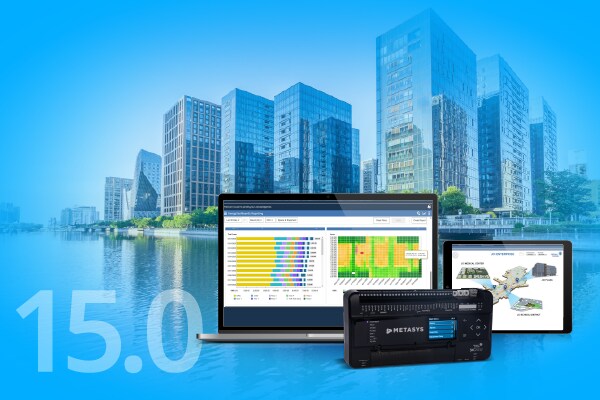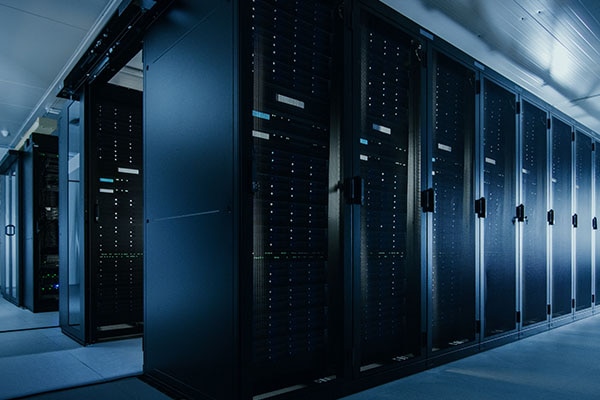- Johnson Controls
- Sustainable Heat Pump Solutions for Industry and Utilities
Sustainable Heat Pump Solutions for Industry and Utilities
The Journey to Net Zero
Speak to an expert todayThe world runs on energy. It's the driving force behind our economy, our environment, and our everyday lives. But most of us don't know that we still depend on oil, coal, and gas for our energy needs. Today, more than 80% of the energy used worldwide comes from these sources. Given an increased focus on sustainability, companies are starting to choose cleaner alternatives.
Electrification is a promising and feasible solution for decarbonising heat. When combined with clean energy, it provides a real opportunity for achieving low- or zero-carbon heating. As the only technology capable of generating a thermal efficiency of around 300–500%, heat pumps are particularly well suited to turning electricity into heat, ultimately reducing overall costs while simultaneously decreasing emissions.
Keep up with the latest industry news

Heat Pumps or Boilers?
The EU has already committed to reducing greenhouse gas emissions by 40 percent by 2030, and is proposing to increase this to 55 percent by 2050. Heat pumps play a significant role in the process. The electrification of heat through the use of renewable sources is a key technology for cutting carbon emissions in industry as well as creating smart, sustainable cities.
Adopting low-Global Warming Potential (GWP) Refrigerants
To run sustainable operations, businesses must reduce greenhouse gases. As recent focus has been placed on carbon emissions, managing refrigerants with high global warming potential remains a challenge. Hydrofluorocarbons (HFCs) and F-gases are under increasing pressure due to high carbon dioxide emissions. A continued focus needs to be placed on finding alternatives to HFC gases with low global warming potential.
It’s time for UK businesses to [heat] pump it up amid spiralling energy costs
Heat pump technology is fast becoming hot property offering clear incentives for businesses to deliver real world benefits and measurable savings in both cost and carbon. Johnson Controls unpacked the challenges and pain points and explore the key reasons to move towards low-carbon heat pump solutions.
A Variety of Low Carbon Heat Sources
Heat pumps are going to be part of the future. As fossil fuel reserves start to diminish and as we look to reduce our dependency on fossil fuels, heat pumps are going to be central to heating and cooling our homes, businesses, and schools - and even powering industrial processes. Heat pumps can draw their heat from many places: hot exhaust gases from industrial plants, wastewater and data centres, renewable heat from the air, lakes, and rivers, even deep geothermal sources, and many more. They use locally-available heat sources at very low temperatures, increasing overall energy efficiency and reliability.


Powering Sustainability for Industries and Utilities
The Paris Agreement, aiming to avoid global temperature increases beyond 1.5°C, has changed the energy landscape. Asset owners are now facing the challenge of reducing their environmental impact while ensuring their energy supply is reliable, affordable, and clean. As a first step, they must determine how they can achieve their sustainability and decarbonisation objectives by 2030.
Heat pumps are becoming increasingly relevant as we look for ways to reduce our energy demand and reach carbon neutrality. More than four-fifths of global space and water heating demand could be met by using heat pumps instead of condensing gas boilers - and that's just one example of how heat pumps can contribute directly to the phase-out of fossil fuels in the energy system. They also contribute to the phase-out of air pollutants such as particulates, SOx, and NOx.
With heat pumps, one company's waste heat can be used by another - a circular solution that leverages electricity to boost ambient heat or waste heat. With this technology, you can reduce your environmental impact while also saving money on heating costs.
Did You Know?
How can heat pumps benefit your organisation?
Speak to one of our experts today Speak to an expert todayIndustry
Process industries can save energy, emissions, and costs with large heat pumps
Many industrial sectors rely on heating and cooling to run their operations. A wide range of industries use process heat and cooling, from food and pharmaceutical manufacturing to paper, distribution, and storage. The challenge is how to move these facilities from being carbon-intensive to carbon-neutral operations.
Heat electrification offers industry a key opportunity to become more sustainable and resilient. According to the IEA, industrial heat makes up two-thirds of industrial energy demand and almost one-fifth of global energy consumption.
Heat pumps are beneficial to the environment and can be utilised by many industries. They can also be used to generate revenue by selling excess heat to other companies that need it. Heat pumps are easily scalable and have excellent efficiency, especially when used to reduce carbon emissions in an industry.
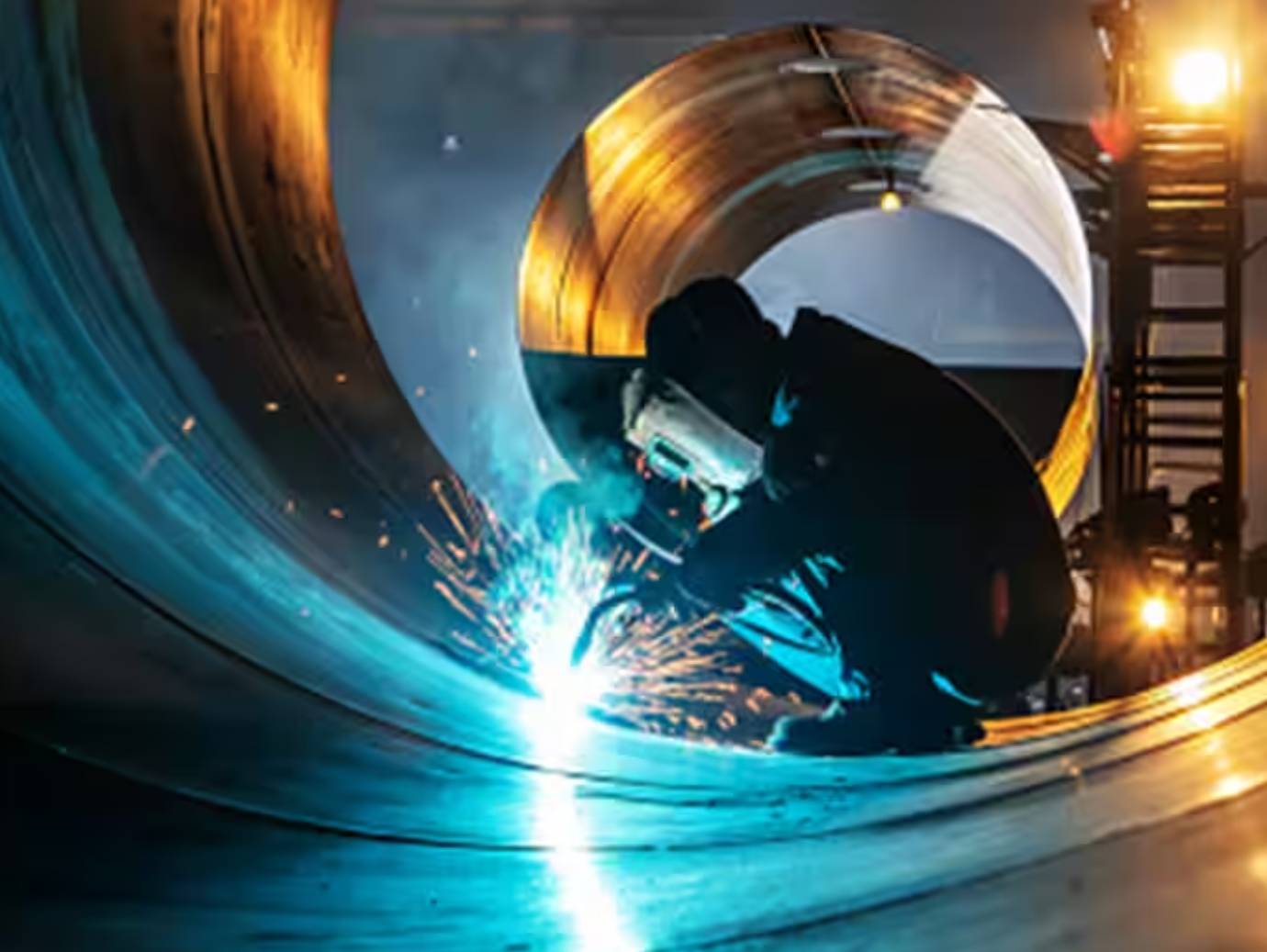

Utilities
Utilities can become more sustainable and resilient with heat pump solutions for district heating and cooling
Green district heating and cooling networks are key to ensuring a climate-neutral heat and cold supply. Because cities and densely populated areas produce a lot of energy, connecting to increasingly climate-neutral district energy is the most effective solution for moving away from coal, oil, and gas.
Experts see large-scale heat pumps as the best way to supply cities with cheaper, more sustainable, and climate-friendly thermal energy.
They are a promising solution to the energy problem. With their capability to supply both heat and cold simultaneously, they are best suited to not only provide reliable heat but also meet the increasing future demand for cooling in buildings and homes.

Case Study: Powerhouse Brattørkaia in Trondheim, Norway
Johnson Controls partners with The Powerhouse Alliance, a 10 year old Norwegian collaboration for innovation in energy, on a net zero energy smart building.
Learn morePowering Sustainability With Heat Pumps for District Heating and Cooling
Why Work With Us – Our Commitment to You
We have an unrivalled heritage and a global portfolio of proven solutions for heating and cooling. For more than a century, we have been designing, manufacturing, installing, and servicing technologies for customers operating in sectors ranging from buildings to industries such as food and beverage and utilities.
But today, our focus extends beyond the delivery and maintenance of these assets. Addressing the need for sustainability and resilience in our customers’ installations is now at the heart of everything we do. We provide energy companies and industry with reliable, high-quality, and affordable heating and cooling solutions that contribute to the global need for more sustainable energy.
Our goal is to be a one-stop shop for owners of industrial facilities, commercial buildings, and municipal energy companies on their sustainability journeys. Our team of experts can advise, design, finance, and deliver tailored solutions.
![]()
Improved performance and reliability
Optimise the performance of your installation and adapt it to changing market conditions
- COP between 1.7 and 8.5 in a single unit configuration
- Hot side as high as 95°C
- Capacity up to 28000 kW at max temperature
- Digital solutions for production: optimisation and efficiency gains
- Uptime reliability >96%
- 100% tested: all equipment is tested on a test bench at our factory - performance capacity and performance guarantee
- Highest quality of primary products
- Minimum 25 years support on obsolete equipment
- 24 hours delivery on spare parts
![]()
Optimising costs
Reduce your installation and operating costs and compete successfully in the marketplace
- Long service intervals for low maintenance request
- Highest net present value
- Full lifecycle solutions for peace of mind
- Extensive flexibility in load and temperature
- Operational flexibility with other sources/technologies of heat
- Fast cut-in/cut-out for electrical grid stabilisation
- Choice of the most suitable configuration adapted to your needs
- Compact design (from 1000 mm wide) to save space
- Service flexibility: from annual fixed-price to "price/MWh - price/hour” contracts
![]()
Driving sustainability
Drive your sustainability goals and lower your environmental footprint
- Meet regulations, industry-standard practices and CSR targets
- Carbon reduction
- Water usage reduction
- Approved sustainable refrigerants with low GWP (<1)
- Highest efficiency in carbon reduction supporting electrification
With a broad portfolio and deep knowledge of heat pumps, Johnson Controls provides reliable, high-quality solutions for heating and cooling that use locally available heat sources.
Speak to an expert todayProducts and Solutions Tailored to Your Needs
There are various types of heat pumps, and choosing the right one for the application depends on a number of factors. Heat pumps have different sweet spots, and health and safety considerations must be taken into account as well.
Johnson Controls has the expertise and a full portfolio of heat pumps for industrial and district heating and cooling. These include absorption heat pumps, centrifugal, reciprocating, packaged, or modular type designs. A full range of refrigerants allows us to choose any combination of heat pump and refrigerant to suit your installation and balance sustainability with economics.
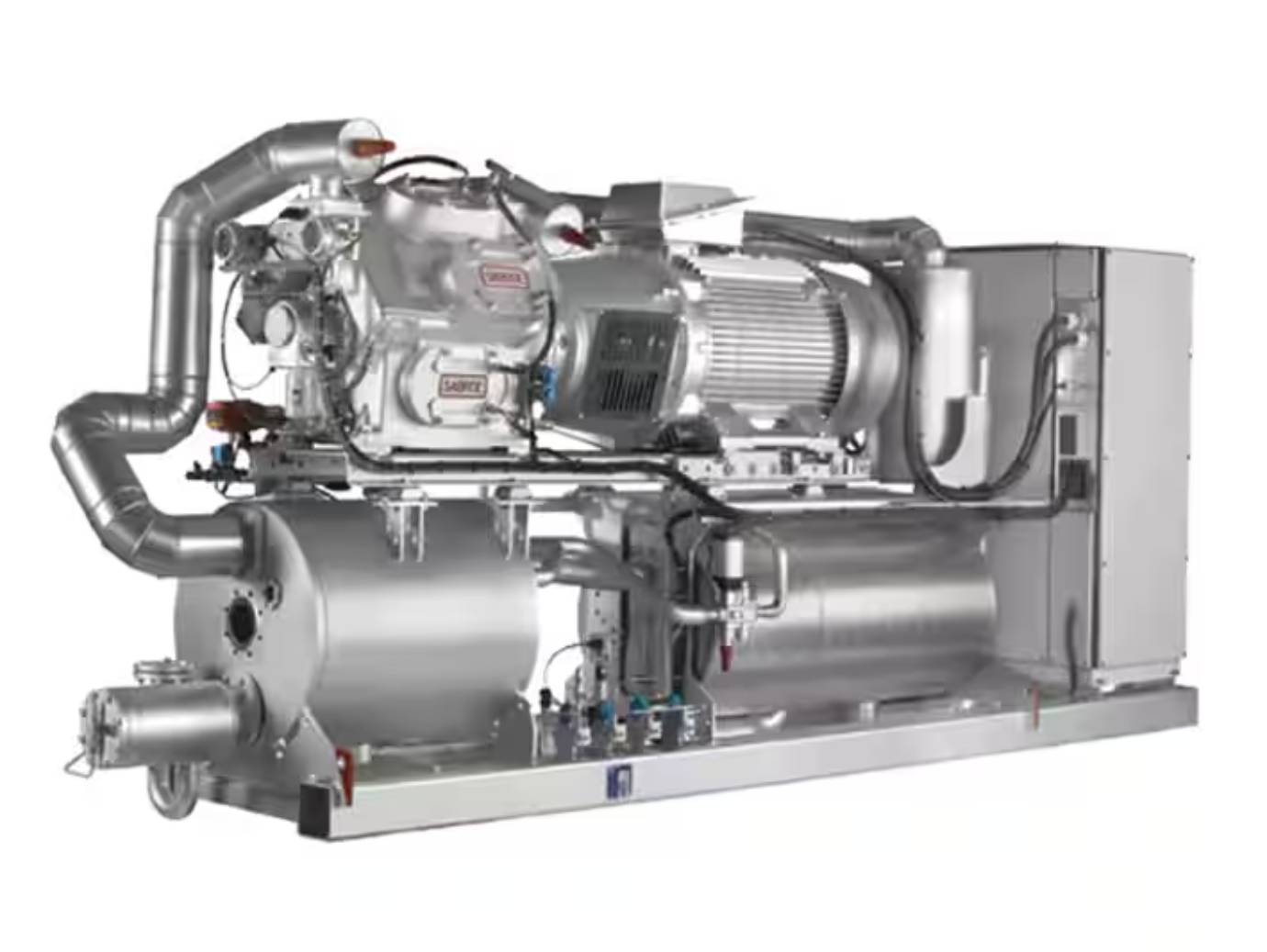
Global heat pump solutions
In order to further reduce emissions and optimise energy consumption, we provide heat pump solutions around the world that combine robust technology with cutting-edge control and digital solutions.
Next steps
If you want to learn more about our solutions, you can reach out to one of our experts or fill out the contact form. We look forward to working with you to find the best solution for your needs.





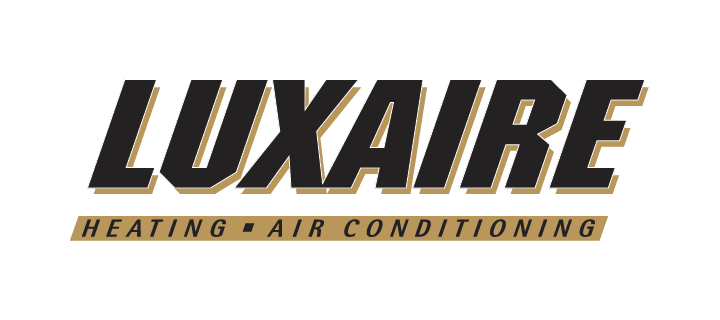
















.jpg?la=en&h=320&w=720&hash=244C75B74F0F77521D56164450973BCD)

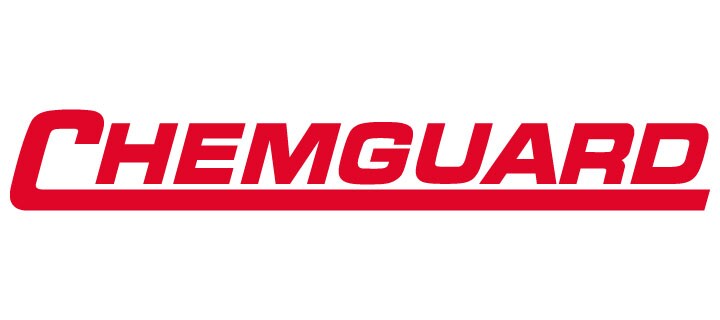
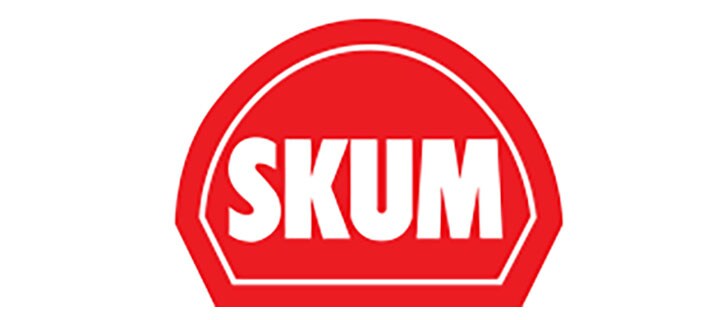



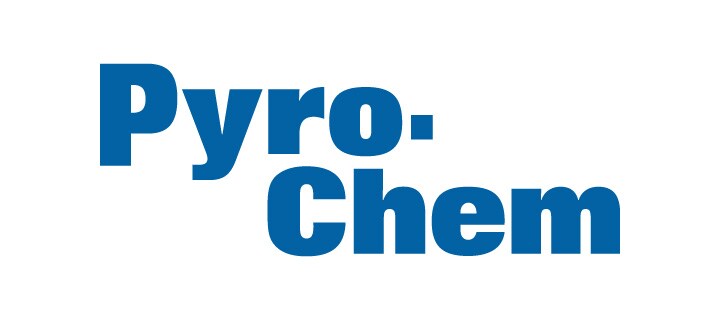







.jpg?la=en&h=310&w=720&hash=8D9823F26AA80B2B75C3E4B2E61770DC)


.jpg?la=en&h=320&w=719&hash=13CA7E4AA3E453809B6726B561F2F4DD)
.jpg?la=en&h=306&w=720&hash=F21A7CD3C49EFBF4D41F00691D09AEAC)

.png?la=en&h=320&w=720&hash=18CFCCD916C92D922F600511FABD775D)






